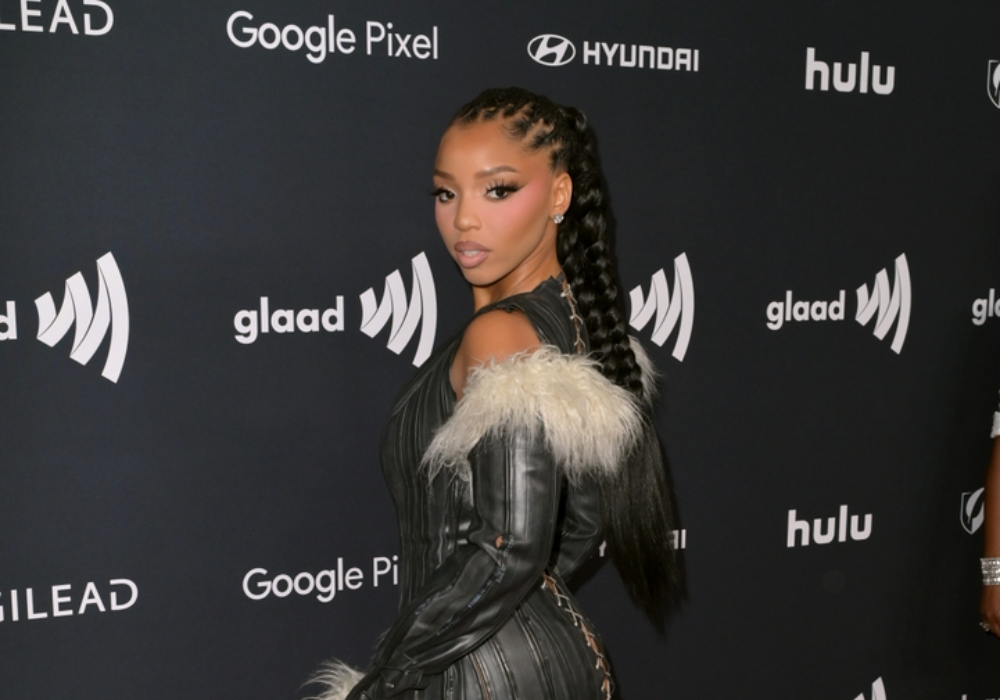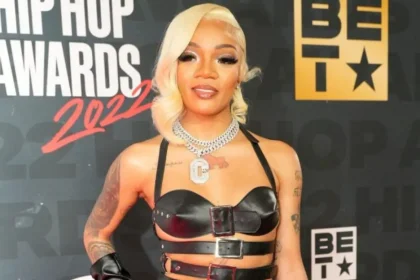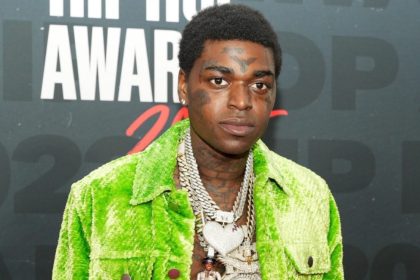The ongoing controversy between accomplished songwriter Tiffany Red and rising star Chloe Bailey has brought to light a persistent issue plaguing the music industry. At the center of this dispute lies a series of songs performed by Bailey on social media platforms, which Red asserts she authored without receiving proper compensation or acknowledgment. This situation has evolved beyond a simple attribution dispute, highlighting deeper systemic issues within the music industry’s treatment of creative professionals. The incident has gained significant attention across social media platforms, prompting discussions about the often-overlooked aspects of music creation and ownership.
Breaking down the compensation crisis
The music industry’s complex ecosystem often overlooks its foundational creators – the songwriters. While performers stand in the spotlight, receiving acclaim and financial rewards, the architects behind their hits frequently struggle to secure fair compensation. This disparity has become increasingly pronounced in the digital age, where social media performances and online content creation have introduced new challenges to traditional compensation models.
The emergence of digital platforms has fundamentally transformed how music is shared and consumed, creating new revenue streams while simultaneously complicating the compensation structure for creators. Streaming platforms, social media performances, and viral content have created a gray area in terms of rights and compensation, leaving many songwriters struggling to navigate this evolving landscape.
Legal hurdles and industry practices
The situation has been further complicated by apparent communication barriers between legal representatives. Red‘s attempts to resolve the matter through proper channels have reportedly met with resistance, exemplifying a common challenge faced by songwriters seeking recognition and compensation for their work. This standoff represents a broader pattern of difficulties creators encounter when attempting to assert their rights within the industry’s established framework.
Industry insiders note that such disputes often stem from outdated contractual frameworks that haven’t kept pace with the rapid evolution of digital media. The traditional music industry infrastructure, designed for an era of physical sales and radio plays, struggles to address the nuances of modern music distribution and performance.
The evolving role of modern songwriters
In today’s dynamic music landscape, songwriters serve as the invisible architects of success, crafting the emotional connections that resonate with audiences worldwide. Their work extends far beyond simple melody and lyrics, encompassing:
- Complex emotional storytelling through carefully crafted narratives
- Strategic understanding of market trends and audience preferences
- Technical expertise in song structure and arrangement
- Ability to adapt to diverse musical styles and artist personas
- Deep knowledge of production elements and sonic landscapes
- Marketing awareness and brand alignment capabilities
Modern songwriters must also navigate an increasingly complex web of digital rights management, streaming platform requirements, and social media optimization. This expanded role demands a broader skill set than ever before, yet compensation models have largely failed to reflect these additional responsibilities.
Industry impact and future implications
This dispute has emerged as a catalyst for broader discussions about reform within the music industry. The increasing visibility of such conflicts has begun to shift industry perspectives on songwriter compensation and recognition. Progressive industry leaders are starting to implement more transparent practices, recognizing that fair treatment of songwriters is essential for sustaining the creative ecosystem that powers the music business.
The ripple effects of this controversy extend beyond individual parties, influencing how emerging artists and songwriters approach collaboration and compensation negotiations. Industry organizations and advocacy groups have begun pushing for standardized protocols that protect creators’ rights while fostering innovation and creativity.
Moving toward resolution
The path forward requires a fundamental reimagining of how the music industry values and compensates its creative professionals. This includes developing more equitable compensation structures, establishing clearer communication channels between all parties involved, and creating standardized protocols for song usage and attribution, particularly in the digital space.
Several key initiatives are already underway to address these challenges:
- Development of blockchain-based rights management systems
- Creation of standardized digital performance compensation models
- Implementation of transparent reporting mechanisms
- Formation of songwriter advocacy groups and collective bargaining initiatives
- Establishment of clear guidelines for social media content usage
The Red-Bailey dispute serves as a crucial turning point in the ongoing dialogue about songwriter rights and compensation. As the industry continues to evolve, the resolution of this conflict could set important precedents for how similar situations are handled in the future. The music industry’s sustained success depends on fostering an environment where all creators, whether in the spotlight or behind the scenes, receive fair compensation and recognition for their contributions.
















